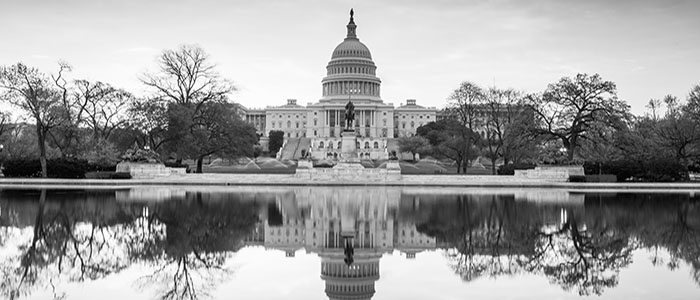[vc_row][vc_column][vc_column_text]
August 2, 2021
Policy Gateway: Policy and Decision Making in Scientific Domains
Key concepts in policy making, including policy analysis and decision making in complex social and technical settings. Policy process theories and evaluation tools. Concepts of governance including public values, ethics, and variable impacts across communities. Relationships among public policy decision processes and science, technology, and engineering, including disciplinary norms.
[/vc_column_text][/vc_column][/vc_row][vc_row][vc_column][vc_column_text]Instructors: GCC Affiliate Todd Schenk (SPIA), and Karen Hult (PSCI)
PSCI 5104 (SPIA 5104) (STS 5104): Policy Gateway: Policy and Decision Making in STEM-H Domains | Wed 4:00-6:45 pm | CRN: 92410 in-person or CRN: 92413 online | 3 credits
[/vc_column_text][/vc_column][/vc_row][vc_row][vc_column][vc_separator style=”double” border_width=”2″][/vc_column][/vc_row][vc_row][vc_column][vc_column_text]
Introduction to Microbial Community Analysis
Do you need to characterize the impact of the microbial communities in your study system? Do you already have sequence data describing microbial communities that you need to process? Are you curious about the current state of the science for studying microbiomes?
GCC affiliated faculty from the School of Plant and Environmental Sciences , Drs. Brian Badgley and David Haak (SPES) are again offering a broad-based soils course for those that have had little exposure to the below ground world.
Interested students from all backgrounds are encouraged to participate, regardless of previous formal training in microbiology. This course is designed to provide students with a practical, hands-on introduction to current state of the art approaches to characterizing microbial communities in a research context. Students can participate in the course using either sequence data from their own research or will be assisted in finding publicly available data to analyze.[/vc_column_text][vc_column_text]
SPES 6984: Introduction to Microbial Community Analysis | Thurs 8:00 – 9:15 am in-person | CRN: 92700 | 3 credits
[/vc_column_text][vc_separator style=”double” border_width=”2″][/vc_column][/vc_row][vc_row][vc_column][vc_column_text]
Systems Thinking Pedagogy & Praxis
Strategies promoting systems thinking in formal and non-formal educational and community contexts. Instructional design for developing systems thinkers. Systems approaches to understanding problematic situations and creating change using agricultural, community-based, and extension education examples. Foundational complex systems concepts and systems thinking perspectives for social and socio-ecological systems. Pre: Graduate standing (3H, 3C).
Having successfully completed this course, the student will be able to:
- Differentiate foundational complex systems ideas and systems thinking perspectives
- Evaluate systems approaches for their utility in educational contexts
- Implement teaching and learning strategies for promoting systems thinking as well as revealing perspectives and assumptions in educational and community contexts
- Design an educational intervention or tool to foster systems thinking in a real-world educational and/or community context
Course topics
- Foundational complex systems concepts and systems thinking perspectives
- Using systems approaches to understanding problematic situations and creating change in educational contexts
- Teaching and learning strategies for promoting systems thinking in educational and community contexts
- Framing complex problems as systems problems
- Systems thinking approaches to working with groups for change
- Using a critical lens to reveal perspectives and assumptions
- Teaching systems thinking in formal educational contexts
- Instructional design for systems thinking in educational and community contexts
[/vc_column_text][vc_column_text]Instructor: Hannah H. Scherer, PhD (hscherer@vt.edu); Associate Professor and Extension Specialist, STEM Education in Agriculture
ALCE 5704: Systems Thinking in Pedgogy and Praxis | Thurs 2:00 – 4:45 pm in-person | CRN: 91223 | 3 credits
*course will be taught again in Fall 2023[/vc_column_text][vc_separator][/vc_column][/vc_row]


